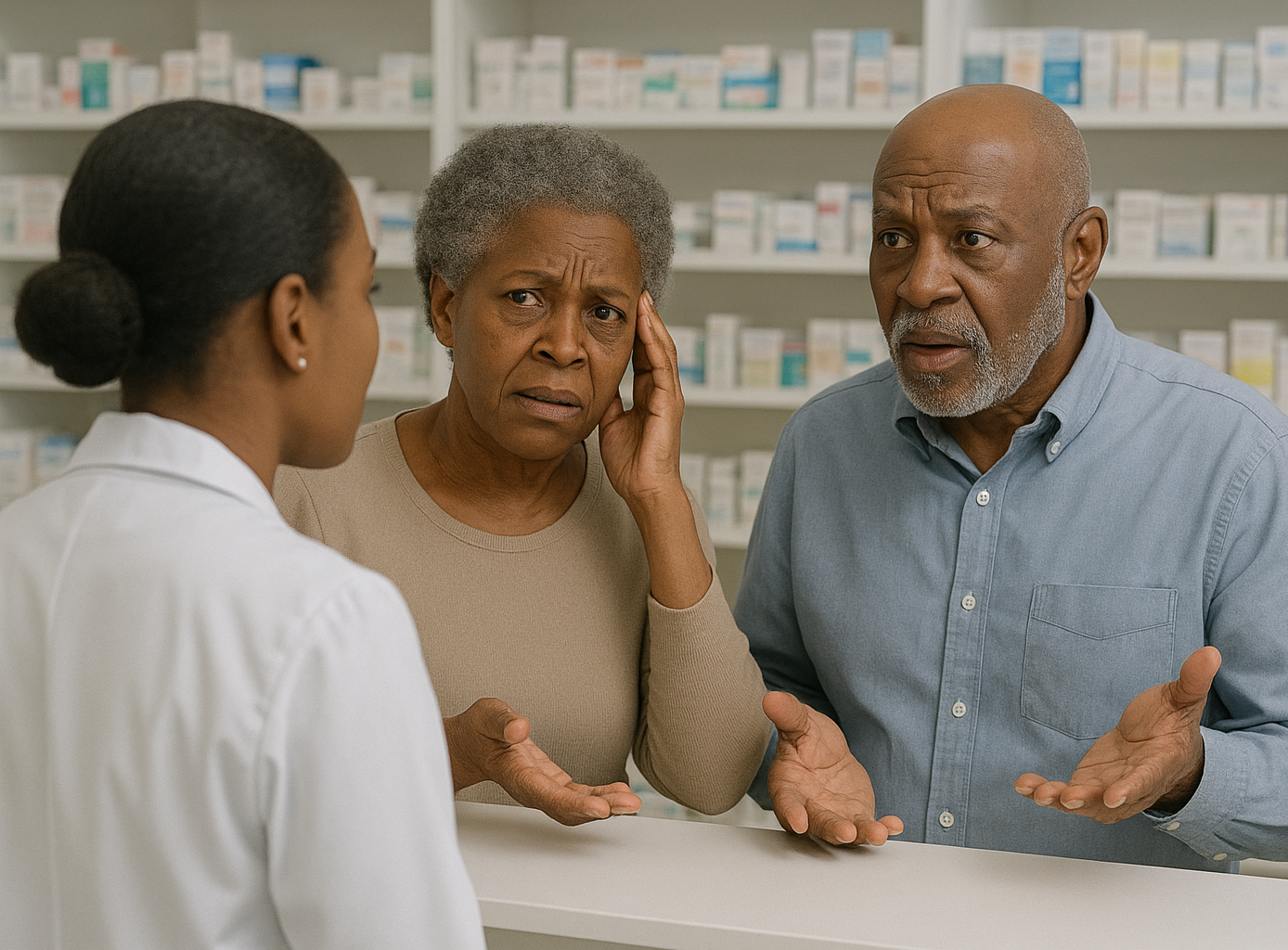Little Clarity, Lots Of Confusion: The Latest Updates On Covid Vaccines
September 24, 2025

Early in September, we reported on the chaos surrounding recommendations and accessibility for this fall’s updated COVID-19 booster. That chaos has continued, with both new recommendations from a CDC vaccine advisory committee and ongoing confusion as to what’s currently being recommended by the Federal government. All the while, COVID continues to be ever-present, with a new strain emerging and with more cases arising. While the scientific consensus remains that the COVID vaccines will lessen your risk of COVID infection and lessen the severity of your infection if you do get COVID, that consensus is not necessarily being embraced and acted upon at the Federal level. Medical groups around the country continue to recommend a COVID booster for young and old alike, and at the state level, many states are disregarding Federal recommendations and instead making certain that the COVID-19 booster is available to all who want it. Meanwhile, the advice for those who are exposed to COVID or begin to experience symptoms is the same as in prior years: If you’ve been exposed or begin to have symptoms, test yourself. If you are negative, retake the test in 2 days. If you are positive, stay home, limit your exposure to others, and don’t re-emerge until your symptoms improve or you go 24 hours without a fever, without taking a fever-reducing medication. And if you do plan to get the booster, sometime between now and early November is best.
So what’s going on at the Federal level? You may remember, back in early September, the FDA approved 3 new updated COVID-19 vaccines but only authorized their use for adults 65 and over or those adults under 65 who have an underlying condition that puts them at risk for serious illness from COVID. However, just last week, a CDC vaccine advisory, which typically issues clinical guidance for the use of FDA-approved vaccines, instead decided not to issue recommendations for anyone to use the updated COVID-19 booster, but instead said decisions about the booster should be made in a process of “shared clinical decision-making,” meaning a conversation with a physician, nurse or pharmacist about whether you should receive the new booster, with an updated consent process that now lists some additional concerns and risks related to the vaccine. Rather than clearly recommending the vaccine to adults, including adults over 65 who may be at higher risk, it is now considered an “individual choice” for the patient. So, while this advisory committee technically said anyone can get this new vaccine, in fact, no one is encouraged to get it, which is likely to sow doubt and confusion among individuals and families, and stands in direct opposition to the advice of most major American medical groups. In fact, according to STAT, this advisory committee cast doubt (without hard scientific evidence) on the safety and efficacy of the COVID-19 vaccines and questioned the reliability of data regarding COVID-19 hospitalization rates. The only silver lining at this time is that most, if not all, private and public insurance plans appear willing to continue coverage for the vaccine, at least through the upcoming season, including Medicaid and Medicare.
If you find this advice conflicting and confusing, you’re not alone. While the advisory committee pronouncement still needs to be formally signed off on by the acting director of the CDC, there is now conflicting advice about what adults under 65 can do: Can they get access to the vaccine if they do not have an underlying serious illness? If they can get access, will their insurance pay for this booster? Will they need a prescription? Does it matter what state they live in? Even for some adults over 65, there have been unexpected challenges and barriers to gaining access to this year’s booster, as states grapple with understanding what the recommendations are at this point. Moreover, the concept of “shared clinical decision-making” in determining whether to get the booster implies that you have easy access to a health care provider, something many people lack in this day and age. If their pharmacy won’t provide the vaccine without proof of that, or if their physician decides he or she is not comfortable recommending the vaccine, what is a person to do this year? Walgreens and CVS have suggested that once the official CDC sign-off is in place, they will provide access to the vaccine without a prescription and allow their pharmacists to engage in the “shared clinical decision-making process,” but it’s not clear if other pharmacies will, and it’s not yet written in stone that the CDC will accept this. So, while major health organizations and prominent health experts are urging everyone to get the vaccine this fall as they have in the past, until the dust settles and firmer Federal guidance is in place, it’s still unclear exactly how this vaccine vacillation is going to play out this fall. For a little bit more clarity on the confusion, click here.







